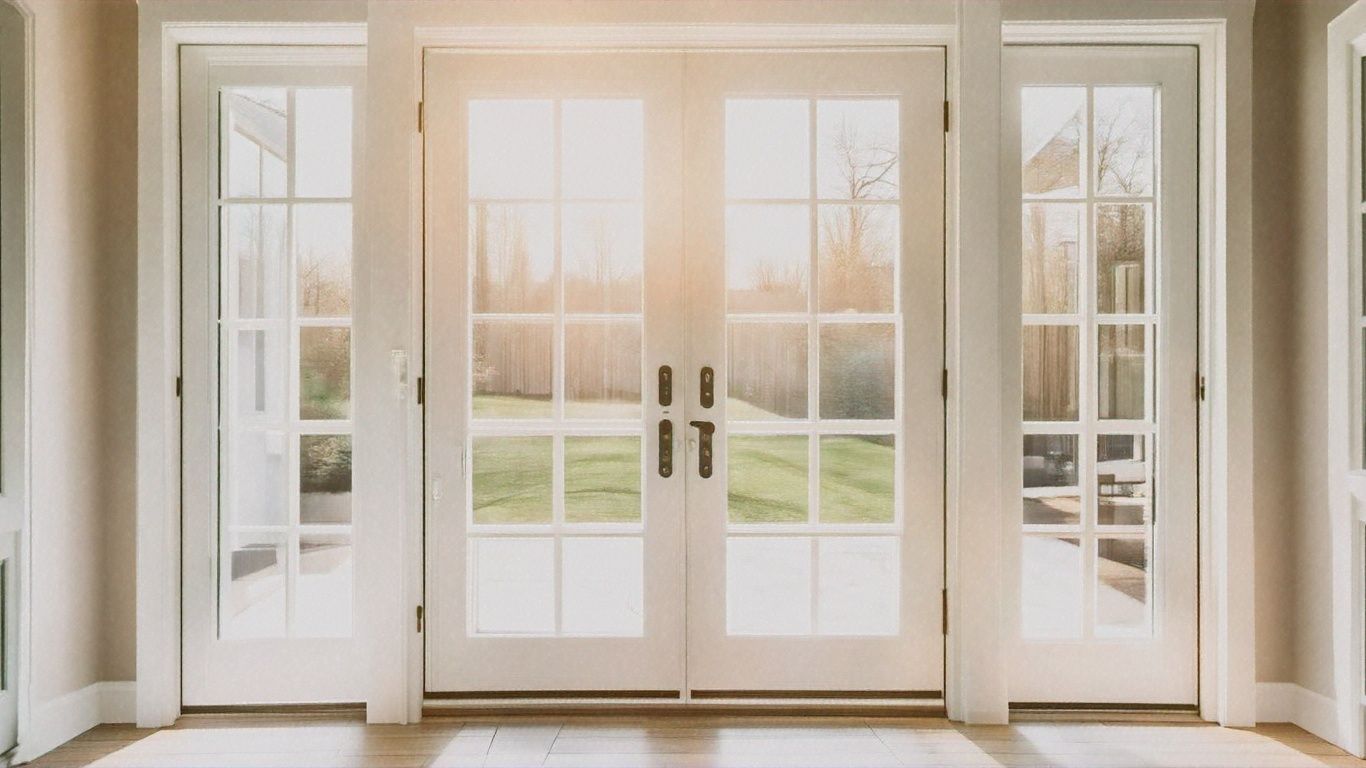Argon Gas and Its Impact on Replacement Windows
Share Content:
Argon is one of the group eight elements in the periodic table. It has an atomic number of 18. Argon gas makes windows more energy efficient. Argon has a higher density when compared to that of oxygen. This means that the Argon gas between the layers of double or triple paned windows is less affected by convectional currents and drafts. The windows will therefore have a higher insulation value. This saves on the cost of energy since the homeowner will not have to spend so much on heating and air conditioning during summer and winter.
Argon gas also reflects excess heat better when compared to plain air. Un-welcomed heat is inhibited from entering your home, leaving you only with the desired warmth. This is a much needed property, especially during hot weather.
On the other hand, Argon gas may have adverse effect on your window panes. Argon gas will dissipate out of your window after some time; this results in its reduced efficiency. This problem can be easily taken care of by using nonmetallic spaces that seal better and will not allow your gas to escape. Argon gas replacement windows are not available at higher altitudes (i.e. at 2500 and above).
Improper sealing can also cause leakage of your Argon gas. Manufacturers normally use two methods to seal gas into your replacement window panes, namely, the one-holed method and two-holed method. The former is thought to be the best as it minimizes the possibilities of the gas escaping.
Connect with Us:



